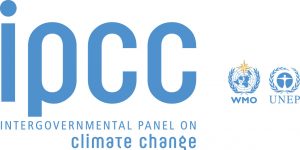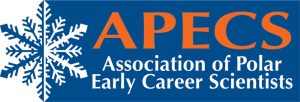THE IPCC AND EARLY CAREER SCIENTISTS
Webinars
19 July 2017
Want to know how you can get involved in the work of the Intergovernmental Panel on Climate Change (IPCC) as an Early Career Scientist?
The Young Earth System Scientists (YESS) community and the Association of Polar Early Career Scientists (APECS) held two webinars on 19 July 2017.
Representatives of the IPCC talked about their activities and the opportunities available for Early Career Scientists. The content in both webinars was similar, but to accommodate as many time zones as possible we ran the webinar twice.
The IPCC is currently in its Sixth Assessment (AR6) cycle, during which it will produce three Special Reports, a Methodology Report and the Sixth Assessment Report. These webinars were an occasion to discuss the opportunities for Early Career Scientists to contribute to the work of the IPCC during this cycle. Moreover, the webinars coincided with the opening of the first order draft of the Special Report on Global Warming of 1.5°C (SR15) for review comments.
If you wish to know more about the IPCC activities and how to be involved in the AR6, watch the recording:
What is the IPCC?
The IPCC is the UN body for assessing the science related to climate change. It was set up in 1988 by the World Meteorological Organization and United Nations Environment Programme to provide policymakers with regular assessments of the scientific basis of climate change, its impacts and future risks, and options for adaptation and mitigation.
Since its inception the IPCC has produced five comprehensive Assessment Reports and several Special Reports on specific topics. IPCC has also produced Methodology Reports, which provide practical guidelines on the preparation of greenhouse gas inventories for the inventory reporting requirements of Parties to the United Nations Framework Convention on Climate Change (UNFCCC). One of the many successes of the IPCC was receiving the Nobel Peace Prize in 2007 together with Al Gore “for their efforts to build up and disseminate greater knowledge about man-made climate change, and to lay the foundations for the measures that are needed to counteract such change”.
These webinars were organised by YESS and APECS with the participation of IPCC.



